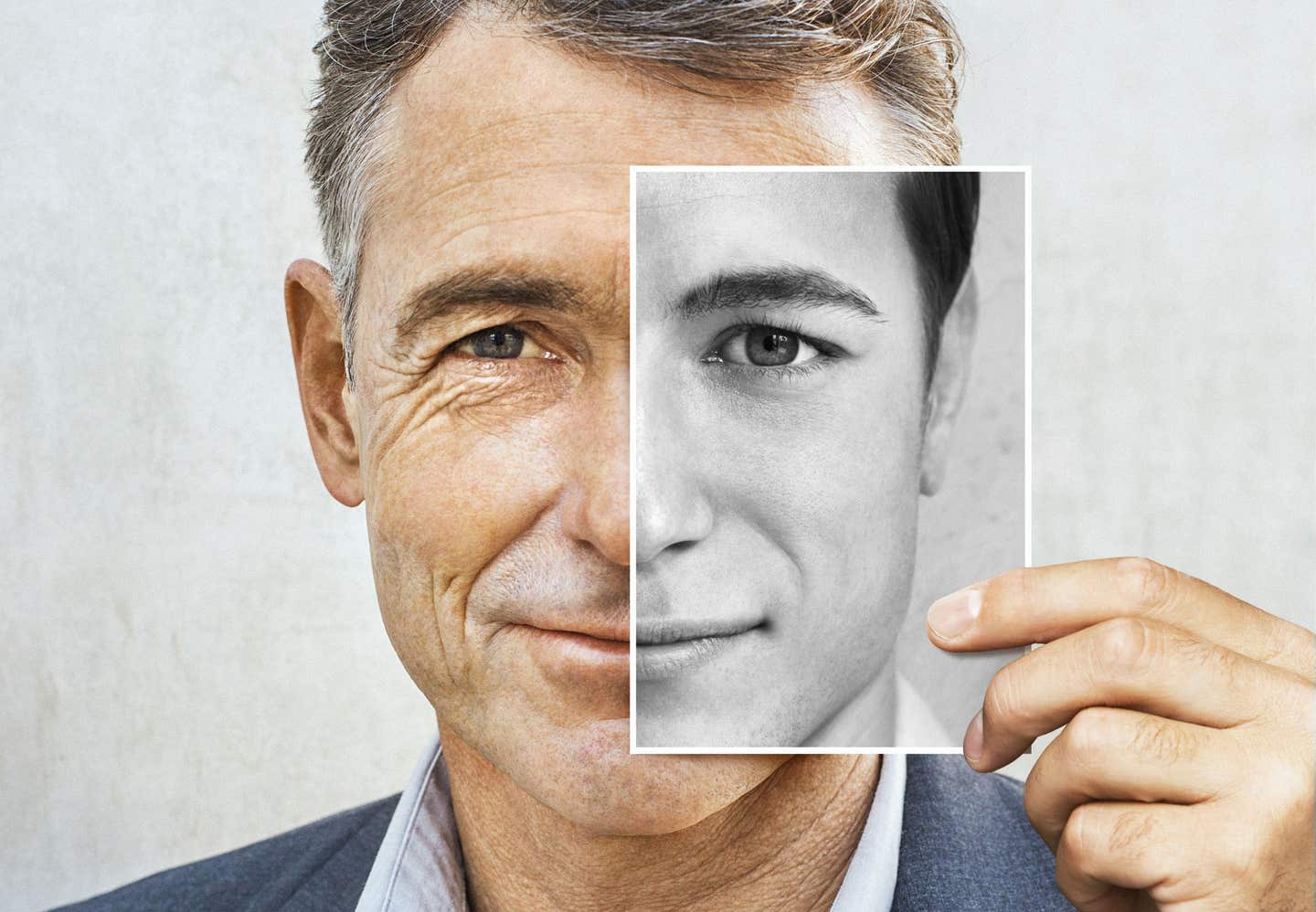Biological aging can be reversed, study finds
Study provides strong evidence from humans and preclinical models that stress-induced increases in biological age can be reversed.

[June 7, 2023: Staff Writer, The Brighter Side of News]
Biological age can be affected by factors like disease, lifestyle changes, and environmental factors. (CREDIT: Creative Commons)
Chronological age may be set in stone, but recent research suggests that our biological age, the measure of our cells' and tissues' health, is more malleable. Biological age can be affected by factors like disease, lifestyle changes, and environmental factors.
A groundbreaking study led by investigators from Brigham and Women’s Hospital, part of the Mass General Brigham healthcare system, now provides strong evidence from humans and preclinical models that stress-induced increases in biological age can be reversed upon recovery.
The findings, published in Cell Metabolism, carry significant implications for the development and testing of anti-aging drugs.
Lead author Jesse Poganik, PhD, of Brigham's Division of Genetics, explains that the commonly-held belief that biological age constantly increases has been challenged. Poganik and his team hypothesized that biological age is, in fact, more dynamic: severe stress can cause biological age to rise, but once the stress dissipates, the markers of biological aging can be reversed.
Related Stories:
To test this hypothesis, the researchers studied instances of severe physiological stress. They collected blood samples from elderly patients undergoing emergency surgery before the procedure, several days post-surgery, and before hospital discharge. They also analyzed blood samples from pregnant mice and humans, taken during early and late pregnancy phases and after giving birth.
In addition, they examined samples from ICU-admitted COVID-19 patients, taken upon ICU admission and throughout their stay. The researchers also used a mouse model wherein younger and older mice's circulatory systems were surgically joined.
The researchers used "biological clocks" to determine cellular and tissue health by measuring DNA methylation levels, which can indicate an increased risk of morbidity and mortality. These clocks are widely employed in aging research.
Data show that biological age undergoes a rapid increase in response to diverse forms of stress, which is reversed following recovery from stress. (CREDIT: Cell Metabolism)
Across all analyses, the team observed increased biological age under severe physiological stress, which reversed when the stressful situation was resolved. Among patients who underwent emergency surgery for hip fracture repair, signs of biological age increased but returned to baseline 4-7 days post-surgery. This pattern was not observed in patients who underwent non-trauma surgeries.
Both human and mice studies of pregnancy's impact on biological age revealed a consistent pattern: biological age increased during pregnancy, peaking around delivery and resolving postpartum.
Hospitalized COVID-19 patients exhibited increased biological age, which partially reversed upon ICU discharge for female patients but not for male patients.
At epigenetic, transcriptomic, and metabolomic levels, researchers found that the biological age of young mice is increased by heterochronic parabiosis and restored following surgical detachment. (CREDIT: Cell Metabolism)
The authors caution that the clocks used are biomarkers, potentially reflecting biological age or driven by other unidentified factors. They also note that recovery of biological age varies among subjects, and understanding the mechanisms behind these variations and how to improve recovery is essential for future research. However, the study contributes to a new understanding of biological aging and its potential implications for anti-aging interventions.
Senior author Vadim Gladyshev, PhD, of Brigham's Division of Genetics, asserts that the findings challenge the belief that biological age only increases throughout a person's life, raising the possibility of identifying interventions that could slow or even partially reverse biological age.
Finding ways to help the body recover from stress could boost longevity. (CREDIT: Creative Commons)
According to Gladyshev, when stress is relieved, biological age can be restored, implying that finding ways to help the body recover from stress could boost longevity.
Aside from stress relief, what other actions can slow down the effects of aging?
Though aging is inevitable, it’s possible to slow down some of the effects by following healthy lifestyle habits.
According to Healthline, here are several more ways to slow down the effects of aging:
Eat a nutritious diet. Focus on fruits, vegetables, whole grains, and lean protein. Limit processed foods.
Stay active. Exercise reduces the physical and mental effects of aging. Aim for 30 minutes a day, 5 days a week.
Avoid tobacco. Tobacco speeds up aging. Quitting is often difficult, but a doctor can help create a cessation plan that works for you.
Drink alcohol in moderation. Alcohol increases your risk of chronic disease.
Attend regular checkups. Routine checkups with a doctor are the best way to prevent or treat disease early.
Know your family history. Discuss your family’s health history with your doctor to have appropriate screening or get early treatment for potential chronic diseases.
Engage your brain. Protect your cognitive function by doing brain exercises.
Wear sunscreen. Sunscreen protects your skin from UV radiation, which can lead to premature aging.
Note: Materials provided above by The Brighter Side of News. Content may be edited for style and length.
Like these kind of feel good stories? Get the Brighter Side of News' newsletter.
Joseph Shavit
Head Science News Writer | Communicating Innovation & Discovery
Based in Los Angeles, Joseph Shavit is an accomplished science journalist, head science news writer and co-founder at The Brighter Side of News, where he translates cutting-edge discoveries into compelling stories for a broad audience. With a strong background spanning science, business, product management, media leadership, and entrepreneurship, Joseph brings a unique perspective to science communication. His expertise allows him to uncover the intersection of technological advancements and market potential, shedding light on how groundbreaking research evolves into transformative products and industries.



